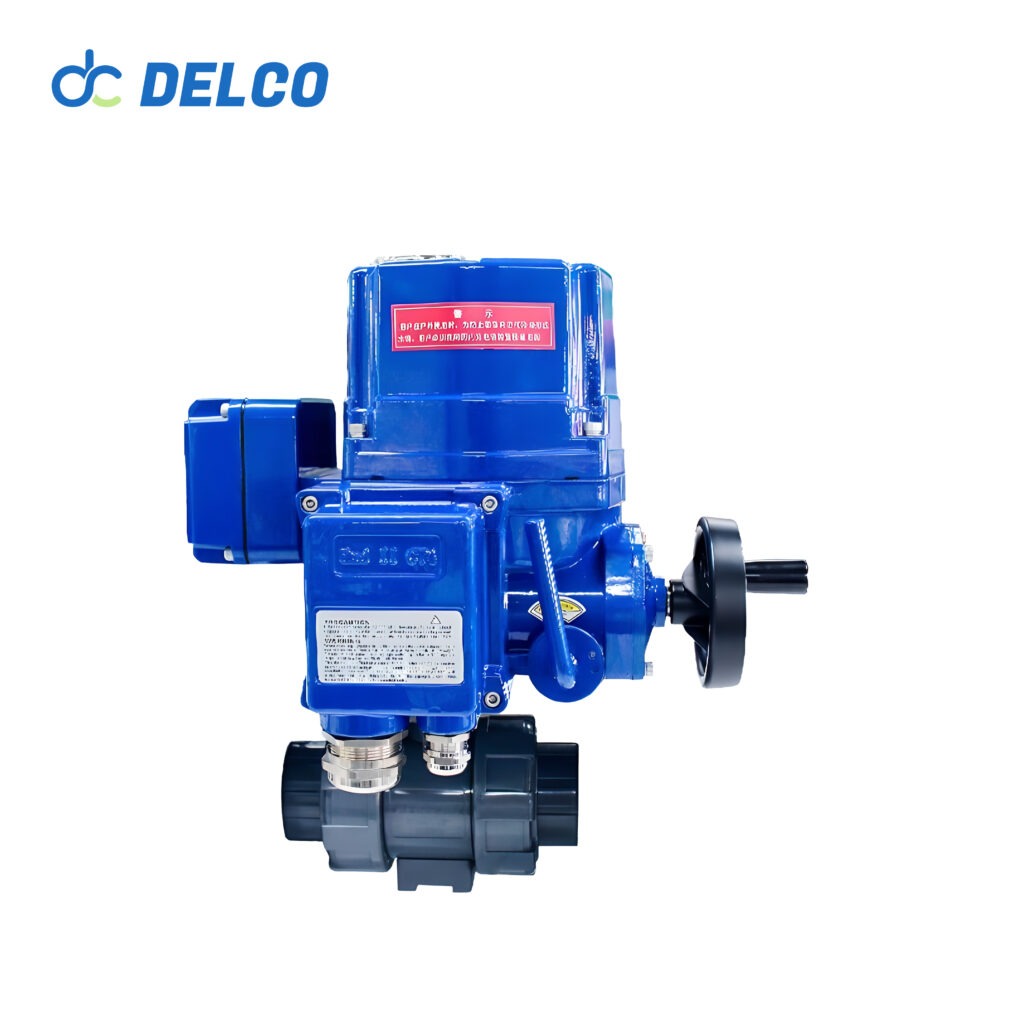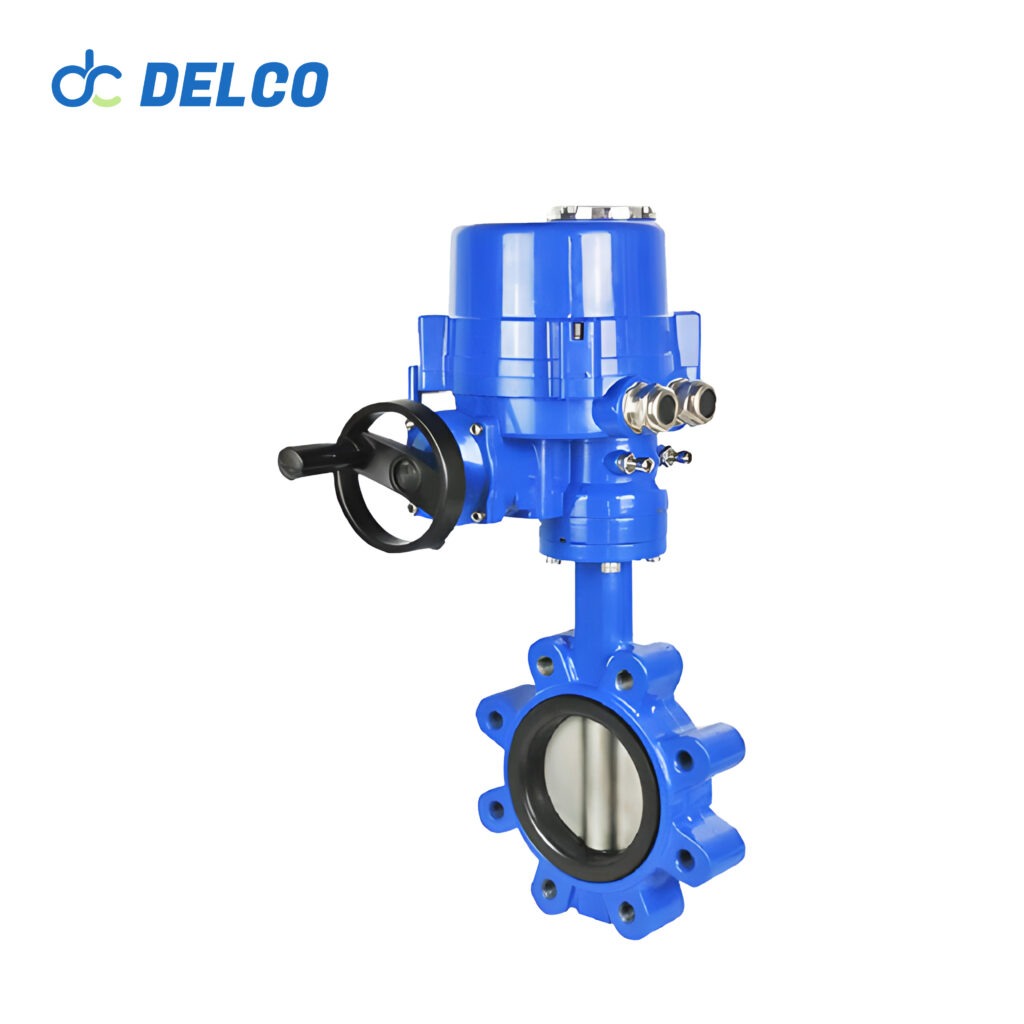บล็อก
- ความคล่องตัวของวาล์วที่ใช้มอเตอร์
- วาล์วไฟฟ้าเทียบกับวาล์วโซลินอยด์
- Understanding Explosion-Proof Valves
เช้าเจียง
I am the author of this article, I sincerely hope you enjoy our articles and find them helpful. Your thoughts, questions, and feedback are valuable to me, so please feel free to contact me at [email protected]. Whether you are an experienced expert or just curious about this field, I am here to connect with you, share insights, and learn together.
แท็ก
ติดต่อเรา
การรับประกันความปลอดภัยของอุตสาหกรรมน้ำมัน: ทำความเข้าใจวาล์วป้องกันการระเบิด
- By Morning Jiang
Introduction
The oil industry operates under conditions of high pressure, high temperature, and flammable substances, necessitating stringent requirements for valve performance and safety. This article explores the crucial role of explosion-proof valves in the oil industry, focusing on their technological features, applications, and future trends.
1. Unique Challenges of the Oil Industry
As a major global energy supplier, the oil industry faces challenges such as high pressure, high temperature, and flammable materials. Valves, as critical components for fluid control, must not only withstand these extreme conditions but also respond swiftly to prevent fire or explosion hazards, ensuring both equipment and personnel safety.
2. Principles and Structural Design of Explosion-Proof Valves
Explosion-proof valves primarily function by preventing flame propagation, releasing excess pressure, and preventing external oxygen from entering pipeline systems. Their structural design often includes special material selection, high-temperature-resistant coatings, and rapid shutdown mechanisms to ensure reliable operation under extreme circumstances.
3. Technological Features and Advantages
Explosion-proof valves in the oil industry exhibit several key technological features and advantages:
- High Pressure and Temperature Resistance: Capable of operating under prolonged high-temperature and high-pressure conditions.
- Rapid Response: Swift closure mechanisms to prevent the spread of fire or explosion.
- Corrosion Resistance: Utilization of corrosion-resistant materials and coatings to extend service life.
- Fire and Explosion Prevention Design: Engineered to prevent flame spread and valve damage, thereby protecting equipment and personnel safety.
4. Key Applications of Explosion-Proof Valves in Oil Production
Explosion-proof valves find widespread application in various scenarios within the oil industry:
- Wellhead Operations: Controlling wellhead pressure and fluid flow to prevent accidents due to pressure surges.
- Refineries: Used in units such as cracking furnaces and catalytic cracking units to prevent explosion-related damage.
- Pipeline Transportation: Maintaining stable internal pressure to prevent safety incidents caused by external factors.
5. Future Trends and Challenges
With advancing technology and heightened environmental awareness in the oil industry, explosion-proof valves face new opportunities and challenges:
- Material and Technological Innovations: Development of new materials resistant to high temperatures and corrosion, enhancing valve performance and lifespan.
- Smart and Automated Solutions: Integration of smart sensors and automated control systems to improve response times and accuracy.
- Environmental Sustainability: Design of energy-efficient and environmentally friendly explosion-proof valves to reduce energy consumption and environmental pollution.
Conclusion:
Explosion-proof valves are indispensable components in ensuring safety, reducing environmental impact, and optimizing resource utilization in the oil industry. As technology continues to evolve, the design and application of explosion-proof valves will be further refined to meet the increasingly complex and stringent requirements of the oil industry.




